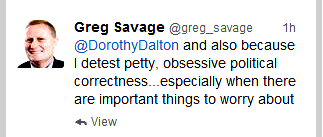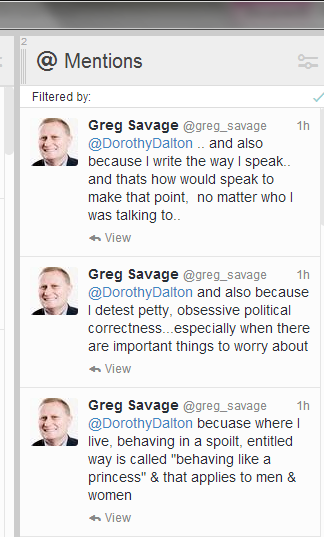Are you at risk for burnout?
Bain and Company carried out a study in 2010 “Flexible Work Models: How to bring sustainability in a 24/7 world”) which researched 3,300 professional men and women on the adoption and effectiveness of flexible work models. It found that a lack of availability of these type of programmes, as well as their poor utilization, can dramatically increase the likelihood of employees leaving their current company. It also makes the employee at risk for burnout. More effective implementation the survey found can improve retention of men by up to 25% and for women by up to 40%.
As we sink into a 24/7/365 availability culture, the notion of the “overwhelmed employee” has slipped into corporate vocabulary. Although women tend to leave stressful work situations more readily than men, with 40% reported to be hanging on by a thread, it is a gender neutral phrase, as we all struggle to balance the conflicting demands of complex modern life. This is overlain with high expectations for most of us (men and women alike), not perhaps of “having it all” but probably wishing to have a big chunk of it. In a recent online coaching session for women on creating career strategy the aspirations of all participants were significant. A satisfying well rewarded career, a home (maybe two) a fulfilling relationship, kids, cars (maybe two), money in the bank, hobbies, vacations, friends, pets, good health and more.
Interestingly, not one person present thought those aspirations were “ambitious.”
10 Steps to make you at risk for burn out
So what would cause an executive or any other employee who to the outside world appear to have a great career, mark them as high risk candidates for burnout and in need of a break?. According to the Bain report, a combination of just five of any of the criteria mentioned below, identify the hallmarks of a challenging work situation, which could lead to a need for a break:
- Unpredictable work flow;
- Fast-paced work under tight deadlines;
- Inordinate scope of responsibility that amounts to more than one job;
- Work-related events outside regular work hours;
- Expected to be available to clients or customers 24/7;
- Responsibility for profit and loss;
- Responsibility for mentoring and recruiting;
- Large amount of travel;
- Large number of direct reports;
- Physical presence at workplace at least 10 hours a day
How many boxes do you tick? Take the survey!
With a recent New York Times article calling corporate existence a White Collar Salt Mine, employees working in excess of 50 hours per week, can also contribute to the same feeling of burnout. This is of course without factoring in any of the usual domestic pressures or any other specific difficulties, which routinely crop up in most people’s lives and contribute to overall life stress or lack of well-being. With anecdotal evidence only to call upon I would dare to suggest that a very high percentage of the workforce will tick at least 5 boxes.
“Despite the fact that flex models are one of the hottest recruiting and retention tools, they aren’t sufficiently used at many organizations,” said Julie Coffman, a Bain partner and study author. “Companies can no longer get away with just offering cookie cutter options; they must tailor them to their employees and also provide adequate levels of support and resources to ensure better cultural acceptance.”
As all Gen Y research has indicated, Millennials want to work to live and not live for work and will demand greater flexibility than their parents from their organisations in the future.
Flexi-time options previously associated with supporting women to take care of their children, demonised as the fast track to career suicide, will of necessity move further into mainstream cross gender HR policy. As GenY becomes the dominant demographic, organisations will have to consider the provision of a full portfolio of flexible working programmes including parental leave, flexible hours, remote working as well as extended leave of absence.
It will also be interesting to observe if the corresponding reassessment of values and expectations is sustained.













